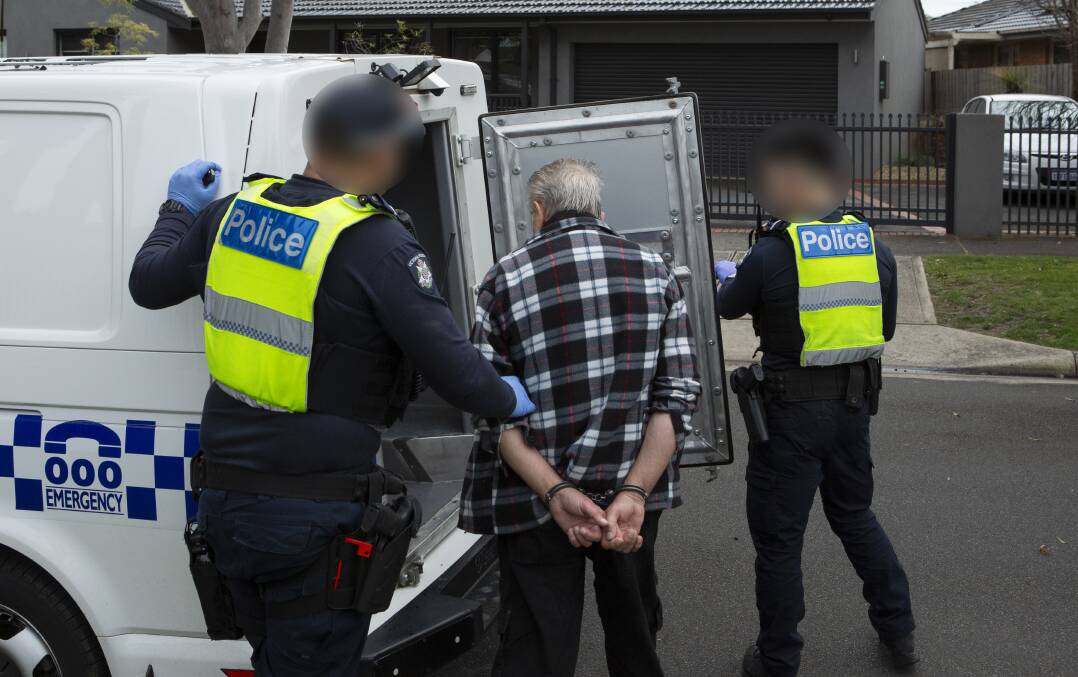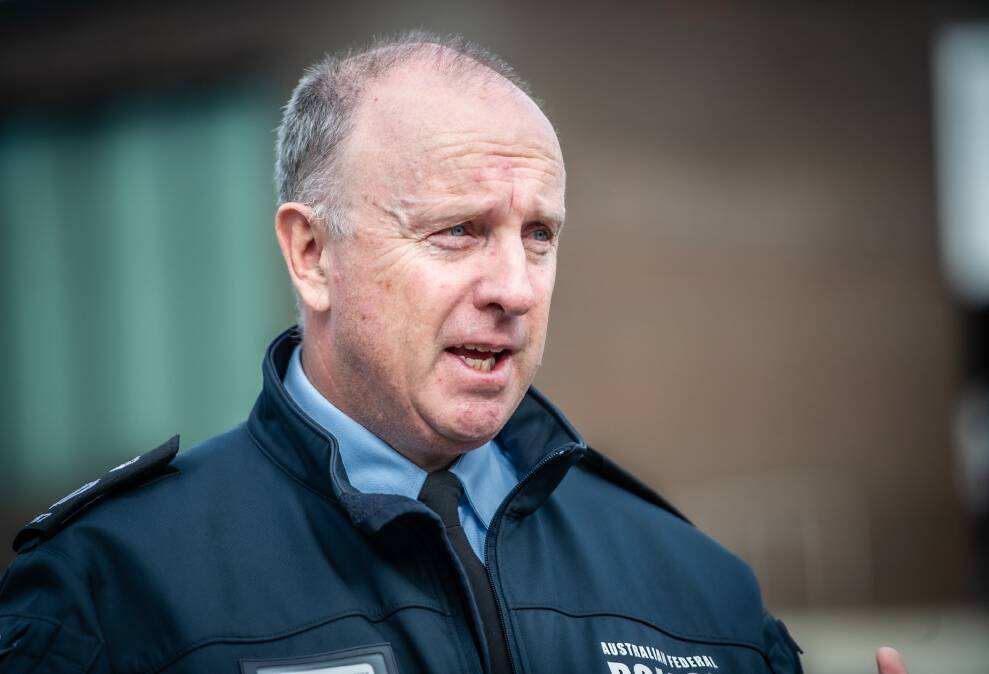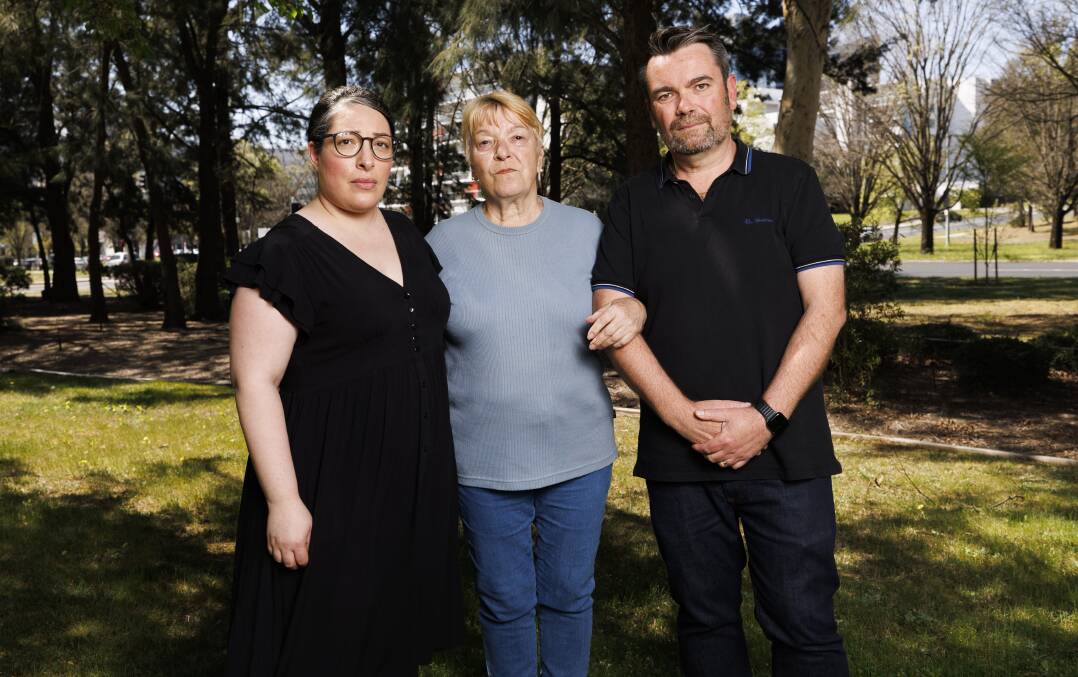There are few tougher tasks in the police investigations business than working a cold case.
The first 24 to 48 hours after a murder is when the crime scene yields its best evidence and the leads keep coming. And it's when an arrest is most likely.
Then once one offender is in handcuffs, the chances of nabbing the co-offenders escalates quickly.

But as time drags on after the event, the crime scene goes "cold" and progress inevitably slows. Detectives then have to negotiate on which which forensic exhibits should take priority; often it's a case of taking a punt on a shoeprint or blood trace, and hoping it pays off. If not, the next set of exhibits are shuffled down the lab queue.
Investigating murders is also a people-intensive business. And in small police jurisdictions like the ACT, the limited resources in homicide sometimes are diverted away by other pressing matters at the time.

Equally, hanging onto good detectives in the ACT has always been tough because "big brother" - the Australian Federal Police - can often appear like the bright lights of the big city, dangling juicy roles in transnational crime and people-smuggling.
The Irma Palasics cold case suffered its share of ups and downs over its 23 years. Resources were pulled away at times, and the family noticed when the phone didn't ring and the updates stopped coming.
Yet police working the Palasics case always felt that a breakthrough would be forensics-driven. It was just a matter of time.
There was quite a lot captured from the crime scene because the thugs who had bashed the couple had been on the premises for hours, traipsing around. And every traipse left a trace.
Hundreds of crime scene samples from the McKellar home had been protected and preserved; it just needed the next-gen tech to work its magic on them.
Momentum returned to the case with a review driven from the top.

Like the military, rank has its benefits and the DC initials on Chief Police Officer Neil Gaughan's name badge carries strong clout within the organisation. When a Deputy Commissioner calls for a review, the wheels turn quickly.
Now comes the hardest slog of all: winning a conviction and sentence fitting the brutal crime.







